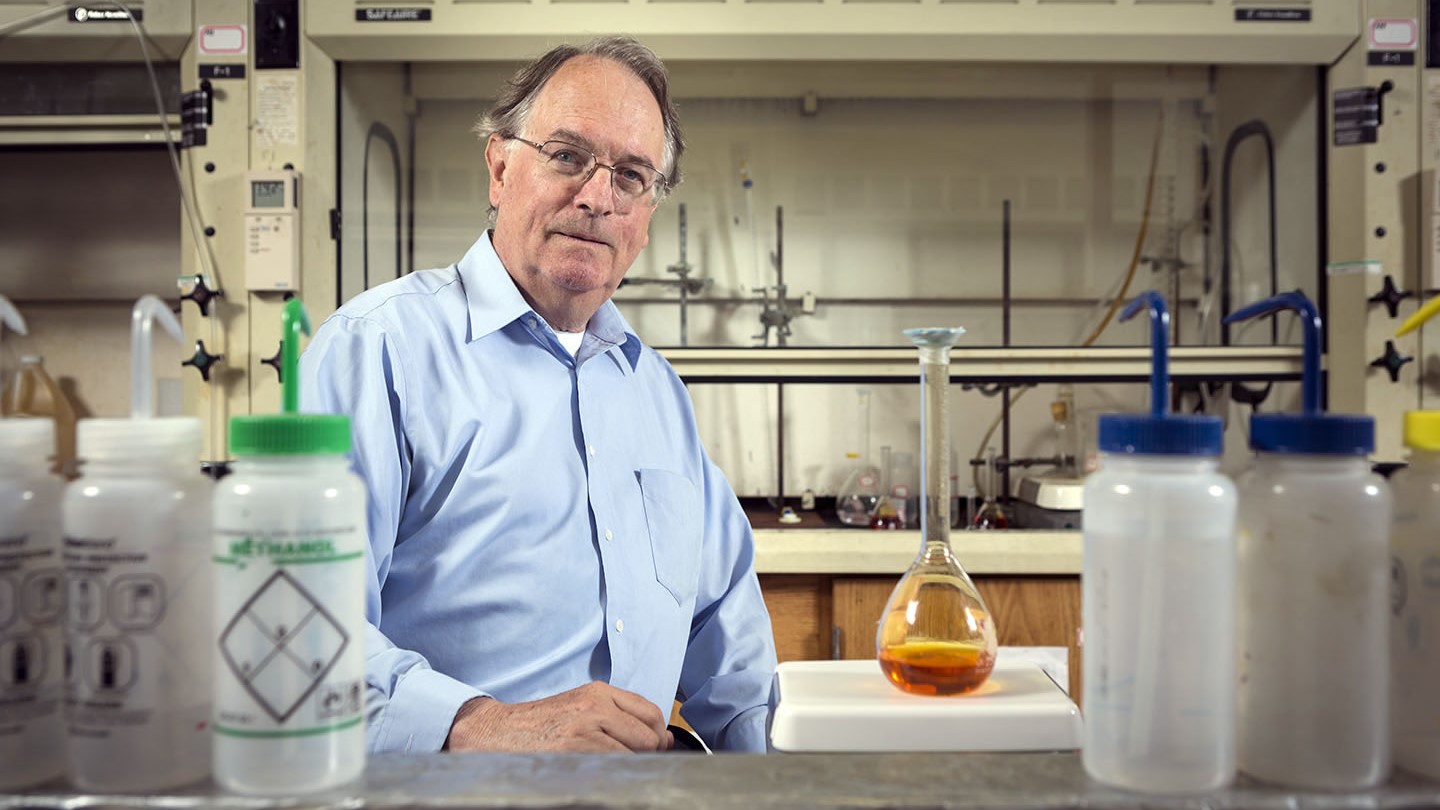October 9, 2019

Read UUP's media release HERE
A longtime UUP member at Binghamton University has won the 2019 Nobel Prize in Chemistry.
M. Stanley Whittingham, a distinguished professor of chemistry and materials science at Binghamton University, received the Nobel Prize Oct. 9 for his pioneering research that led to the development of the lithium-ion battery.
Whittingham is a Binghamton Chapter UUP member who has served on the chapter’s executive board. UUP congratulated Whittingham in an Oct. 9 media release.
“UUP is proud of Professor Whittingham, a groundbreaking chemist and a strong unionist who understands and reflects the importance of being a union member in word and deed,” said United University Professions President Fred Kowal. “Professor Whittingham is a shining example of what makes SUNY great—its people. We stand and applaud Professor Whittingham for winning this esteemed award.”
Whittingham shares the award with researchers John B. Goodenough of the University of Texas at Austin and Akira Yoshino of Meijo University in Japan.
“I am overcome with gratitude at receiving this award, and I honestly have so many people to thank I don’t know where to begin,” Whittingham said in an Oct. 9 Binghamton University press release. “The research I have been involved with for over 30 years has helped advance how we store and use energy at a foundational level, and it is my hope that this recognition will help to shine a much-needed light on the nation’s energy future.”
Whittingham,, who has been called the “founding father” of the lithium-ion battery, arrived at Binghamton University in 1988. Since then, he has earned a reputation nationally and internationally as an innovative scientist. He has been a world leader in the development of lithium-ion batteries; Whittingham holds the original patent on the concept of using intercalation chemistry in high-power density, highly reversible lithium batteries, which laid the foundation for discoveries that led to the lithium-ion batteries used today.
Since coming to Binghamton, Whittingham has received more than $7 million in federal research grants from the National Science Foundation and the Department of Energy. At Binghamton, he helped build the university’s Materials Science and Engineering Program.
Whittingham was honored in 2002 with the Battery Research Award of the Electrochemical Society for his many contributions to “Intercalation Chemistry and Battery Materials.” He was elected a Fellow of the Electrochemical Society in 2004, and a member of the National Academy of Engineering in 2018.
The Nobel prizes come with a 9-million kronor ($918,000) cash award, a gold medal and a diploma. The awards will be given Dec. 10 — the anniversary of Nobel's death in 1896 — in Stockholm.
